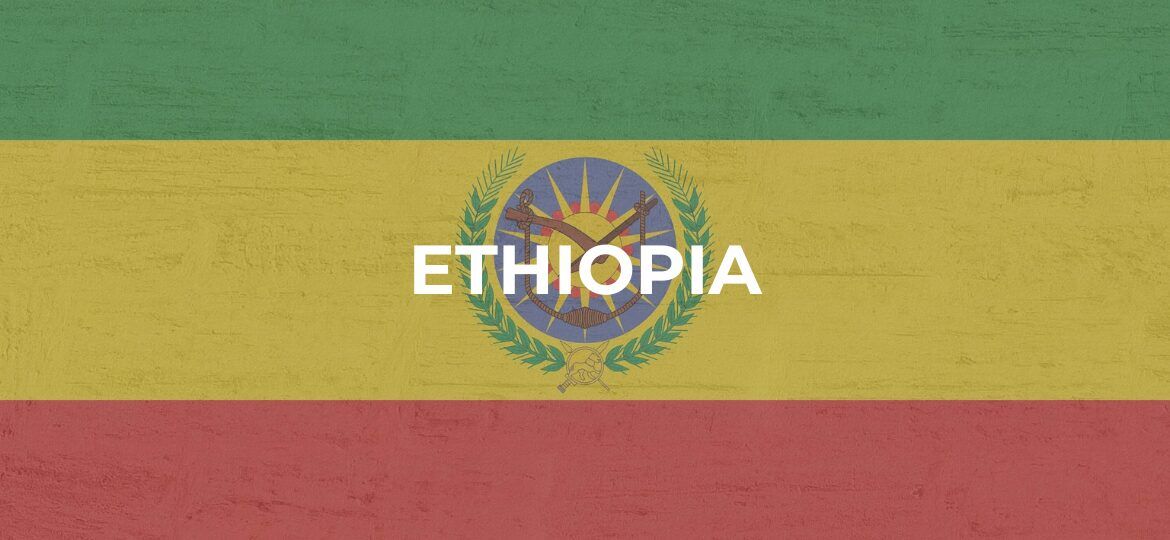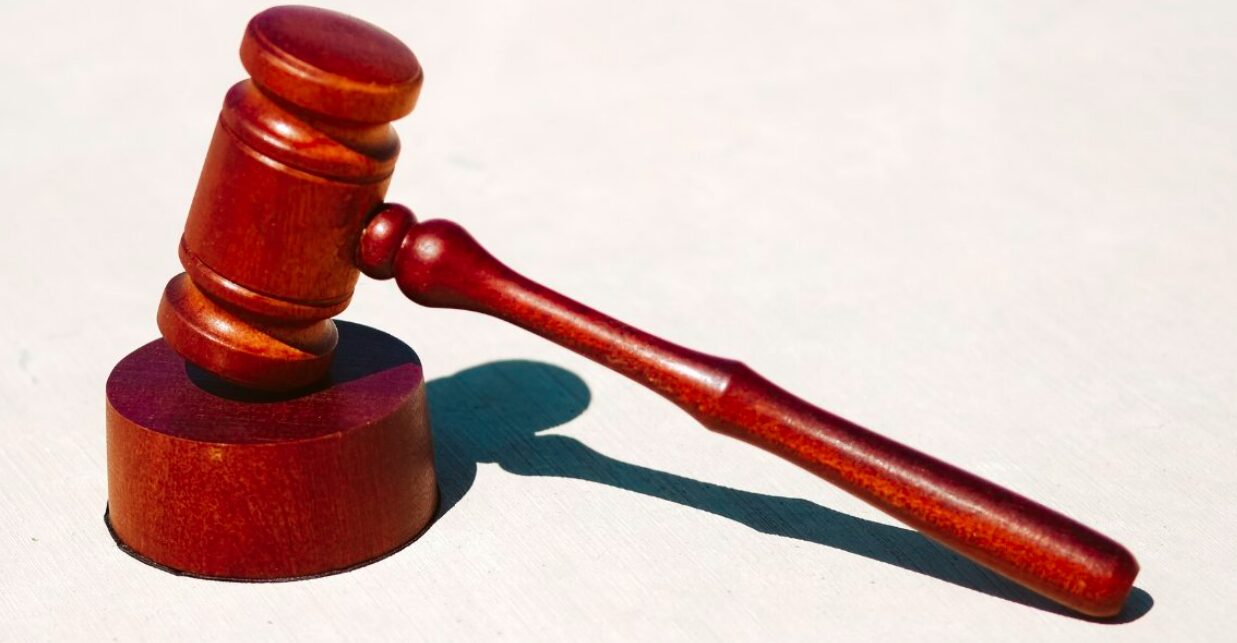
It is strong the alarm over a proposed bill in Ethiopia that, if adopted, would gravely undermine the independence and functioning of civil society organisations (CSOs) in the country. This draft law marks a serious regression for civic space, threatening fundamental rights including freedom of association, freedom of expression, and the right to seek justice.
More control on CSOs
The draft proclamation, prepared by the Ethiopian Authority for Civil Society Organizations (ACSO), would significantly expand state control over CSOs. It proposes to hand sweeping powers to both ACSO and the Ministry of Justice, allowing them to interfere directly in the governance, funding, and daily operations of independent organisations. In particular, it is extremely worrying the targeting of groups engaged in human rights work, democratic advocacy, and electoral participation, many of whom rely on international or diaspora support to sustain their activities.
If passed, the new law would strip CSOs of their autonomy. The Ministry of Justice would be able to appoint the majority of board members, effectively taking control of internal decision-making processes. The legislation also gives the government the authority to suspend or dissolve any organisation it labels a “threat to national security,” a term left dangerously vague and open to abuse. These measures could be used arbitrarily to silence dissent.
Further provisions place severe restrictions on funding and impose heavy administrative burdens. CSOs would be required to report all financial inflows within 15 days, seek pre-approval to open bank accounts, and may see their accounts frozen during investigations. Even minor procedural delays, could lead to suspension or license revocation. Most alarmingly, the right to judicial appeal would be eliminated, with the ACSO board serving as the final decision-maker.
Fragile and declining civic space in Ethiopia
These developments come on the heels of an already deteriorating climate for civil society in Ethiopia. In 2024 alone, over 1,500 organisations were reportedly shut down for so-called administrative non-compliance, often linked not to misconduct, but to resource constraints and bureaucratic complexity.
What is now being proposed would institutionalise and deepen this crackdown. It would criminalise independent civic engagement and drastically narrow the space for voices working in the public interest, especially those advocating for human rights, democracy, and good governance.
At the same time, the public condemnation of the proposed restrictions and of the broader erosion of civic space is essential. Concrete support, including flexible funding and emergency protection, for Ethiopian CSOs operating under growing pressure is now more critical than ever.
The right of civil society to operate freely is not a privilege—it is a cornerstone of any democracy. Silencing these voices will not bring stability. It will only deepen mistrust, close avenues for dialogue, and erode the social fabric that holds communities together.
Ethiopia ranks 145 out to 180 in RSF 2025 World Press Freedom Index.



